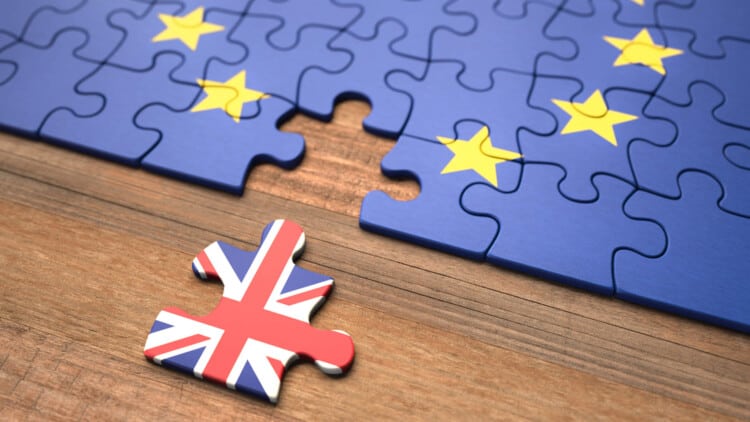New research has revealed that British food exports to the EU have taken a colossal £3 billion annual hit since Brexit, with businesses blaming “mind-boggling” new border regulations for the slump.
From frictionless to frustrating
The report, from the Centre of Inclusive Trade Policy (CITP), found that UK food and agricultural exports to the EU have dropped by an average of 16% over the past three years. This decline amounts to a £2.82 billion reduction annually—a staggering cost for British businesses.
While the Covid-19 pandemic and the war in Ukraine have also disrupted trade, the CITP highlighted that UK-EU exports have shown no signs of returning to pre-Brexit levels. Industry insiders say the culprit is clear: the mountain of paperwork and border checks now required to trade with Europe.
Before Brexit, trading with the EU was seamless, but since Britain officially left the single market in January 2021, the UK has been treated as a “third country.” This means every agri-food product crossing the Channel now faces border checks, health certificates, and delays that make exporting far more complicated—and expensive.
“Absolutely horrendous” bureaucracy
Sean Ramsden, CEO of wholesaler Ramsden International, didn’t hold back in describing the impact on his business. Speaking to Sky News, he revealed how the added paperwork has forced him to hire nine extra staff and extend shipping times from three days to three weeks.
“The EU went from being the easiest market in the world to quite literally the most difficult to get food into,” Ramsden said. “The complexity is mind-boggling. Our European business has shrunk to less than half of what it was before Brexit.”
He didn’t mince his words: “There’s not anybody in the food industry who wouldn’t say Brexit has been the biggest impairment to export sales… it’s been absolutely horrendous.”
Can Labour fix it?
Labour has promised to improve the UK’s trading relationship with the EU. Their manifesto pledges a veterinary agreement to cut unnecessary border checks and bring relief to businesses and consumers alike. Aston University estimates that such an agreement could increase UK agri-food exports to the EU by 22.5%.
But so far, ministers have been tight-lipped about whether this is even on the table.
EU imports facing their own hurdles
It’s not just UK businesses feeling the pinch. Equivalent border checks on imports from the EU are now being phased in, after five delays due to fears of disruption and higher food prices.
Marco Forgione, director general of The Chartered Institute of Export & International Trade, warned that EU producers may also struggle with the costs. “We’ve spoken to EU producers considering pulling out of the UK market entirely because of the additional expenses,” he said.
Forgione argued for a mutual trust-based system: “For two trading partners with such close proximity and similar standards, we need to build trust in the supply chain and ease facilitation wherever possible.”
Consumers could foot the bill
The knock-on effect? Higher prices at the tills. Industry chiefs predict the new import rules will add billions to UK consumer bills.
Government keeps cards close to its chest
A government spokesperson responded cautiously: “A veterinary or SPS agreement could boost trade and deliver significant benefits on both sides. Final arrangements are subject to negotiations, but both the UK and EU have similarly high standards.”
For now, businesses and consumers are left navigating a complex and costly post-Brexit landscape, with many wondering if the hurdles will ever be cleared. And as Ramsden put it, Brexit has turned the easiest trade route in the world into a bureaucratic nightmare. If there’s one thing we can all agree on, it’s that no one’s raising a toast with British cheese in Europe anytime soon.
You may also like: MPs back proportional representation in shock move, but will it go anywhere?







